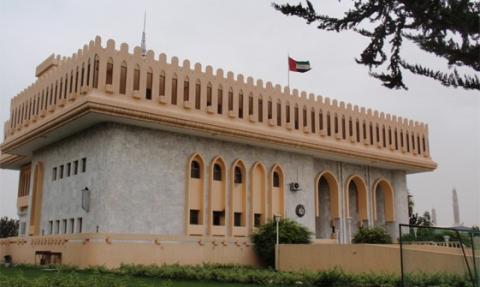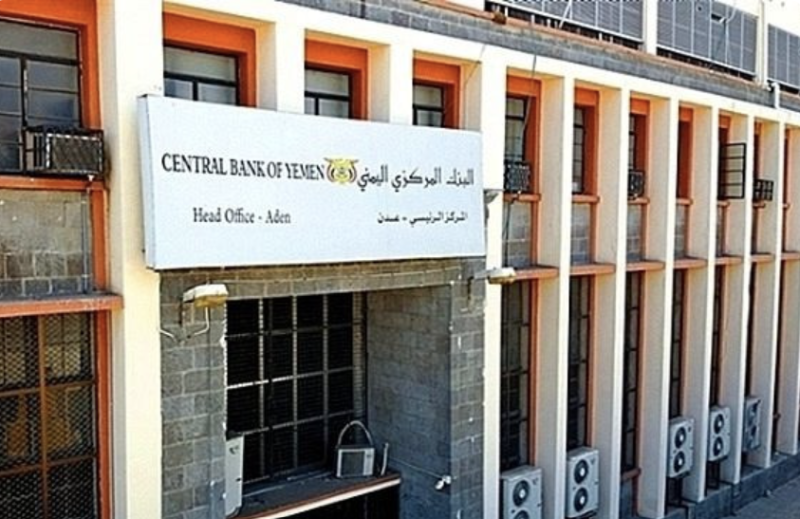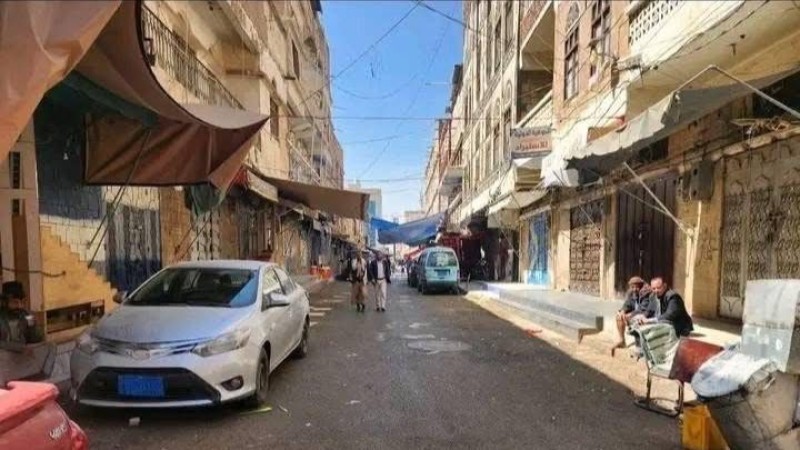U.N. Security Council Bans Sales of Arms to Houthi Fighters in Yemen


UNITED NATIONS — After weeks of closed-door negotiations between diplomats from Persian Gulf states and Russia, the Security Council on Tuesday imposed an arms embargo on the Houthi fighters battling for control of Yemen and left it to Secretary General Ban Ki-moon to negotiate the delivery of humanitarian aid to Yemenis who have endured nearly three weeks of Saudi-led airstrikes.
The resolution, which is legally binding, prohibits the sale of weapons to three Houthi leaders, as well as former President Ali Abdullah Saleh and his son and former military commander, Ahmed Ali Saleh. The former president and two Houthi military commanders, Abdullah Yahya al-Hakim and Abd al-Khaliq al-Huthi, were already subject to a travel ban and asset freeze.
The gulf countries that are participating in the air campaign against the Iranian-backed Houthis took the lead in drafting the resolution. It passed with 14 votes, with Russia abstaining. The Russian ambassador, Vitaly I. Churkin, said he favored a cease-fire and an arms embargo that would apply to both sides in the conflict.
One of the most contentious issues was whether to call for “humanitarian pauses” in the airstrikes to allow relief to be ferried in and foreigners to be evacuated. Russia had pressed for such a pause. The gulf countries had opposed it, saying privately that it would allow the Houthis to regroup. But the Saudi allies softened their position somewhat in recent days, allowing the secretary general to “facilitate” aid delivery and evacuations, “including the establishment of humanitarian pauses, as appropriate, in coordination with the government of Yemen,” according to the text of the resolution.
Yemen’s president, Abdu Rabbu Mansour Hadi, fled the country for Riyadh, the Saudi capital, in late March.
The resolution urges the Houthis, who are based in northwestern Yemen, to give up the areas they have seized as well as their weapons, including “missile systems,” which they are unlikely to do. It also calls on the warring parties to take part in peace talks in Riyadh, another stumbling block. Political talks that had been brokered by a United Nations envoy to Yemen, Jamal Benomar, have effectively been suspended in recent weeks. Mr. Benomar had come under criticism, most vocally from the Hadi government, but the Council resolution backs his mediation efforts.
In Washington, a senior State Department official on Tuesday criticized Iran for increasing its military support to the Houthis in recent months.
“Iran is likely looking to take advantage of Houthi international isolation to expand its influence in Yemen,” the official, Gerald M. Feierstein, who is also a former American ambassador to Yemen, told a House committee.
“Iran has continued to provide financial support, weapons and intelligence to the Houthis; this assistance has encouraged their destabilizing activities.”
NY Times

ADEN — Yemen Airways, the country’s national carrier, announced it will resume flights between Aden and Abu Dhabi beginning in January…

Aden — The United States Ambassador to Yemen underscored the critical importance of safeguarding the independence of the Central Bank of Yeme…

Sana’a – A new international report has confirmed that Houthi militias continue to escalate economic measures against the commercial se…